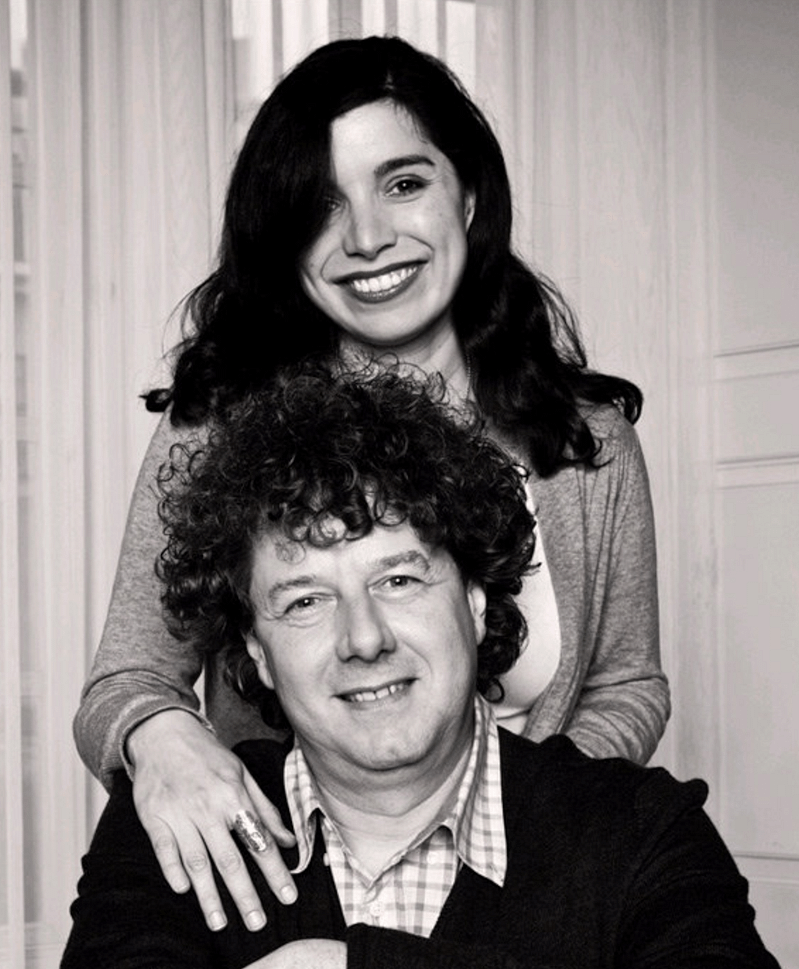Philippe Pacalet is no stranger to natural winemaking. After apprenticing with his uncle, renowned Beaujolais vigneron Marcel Lapierre (1985-1991), Philippe went on to oversee vinifications at the prestigious Prieuré-Roch for the decade that followed. During his formative years, he spent 21 months at Nature et Progrès, a local association made up of consumers, artisans, and agricultural producers. “It gave me good knowledge of organic agriculture, allowed me to study, and meet many vignerons,” he shares. While at Nature et Progrès, Philippe simultaneously pursued studies in chemistry, biochemistry, microbiology, and oenology at the University of Dijon. In addition to his uncle, Philippe credits Jules Chauvet and Henry Roch as two other impactful mentors.
As of 2001, Philippe settled in Beaune and founded his eponymous project. He quickly began renting parcels in Chablis and across the Côte d’Or, and today he produces up to 30 different cuvées annually—including from some of the region’s top premiers and grands crus. With regards to vineyard and vinification philosophy, Philippe’s is as pure as they come. “My work is based on respect for the four elements: Earth, water, air, and fire, which govern and give life to nature,” he explains, affirming that all work is dictated by nature, as opposed to “distorted, artificialized” methods. “If vinification and aging are done naturally (organic farming, native yeast fermentations, whole bunches included, and without any added SO2), these four elements are then preserved,” he affirms.
As expected, all fermentations chez Pacalet are done with indigenous yeasts, whole bunches, and no added SO2. Philippe’s red wines are vinified for three to four weeks in wooden vats, with all pigeage done by foot. The wines then age for 15 to 18 months in 228L barrels. For whites, fruit is pressed and settled before vinification and élevage in large barrels. No sulfur is used during vinification, and only a touch is added at bottling.
As of 2022, Philippe was able to recover some new plots, notably Meursault Narvaux, Pommard Les Rugiens, and Vosne-Romanée 1er Cru Les Petits Monts, as well bits in Vosne-Romanée Les Hautes Maizières. “Today, I’m grateful to be able to pass on everything I have learned and acquired to my osn, Réno, who has worked with me for the past five years,” Philippe shares. Additionally, as of this past September, Philippe’s daughter Anya has also joined the pair at the estate. Turns out chez Pacalet, things truly remain all in the family.


